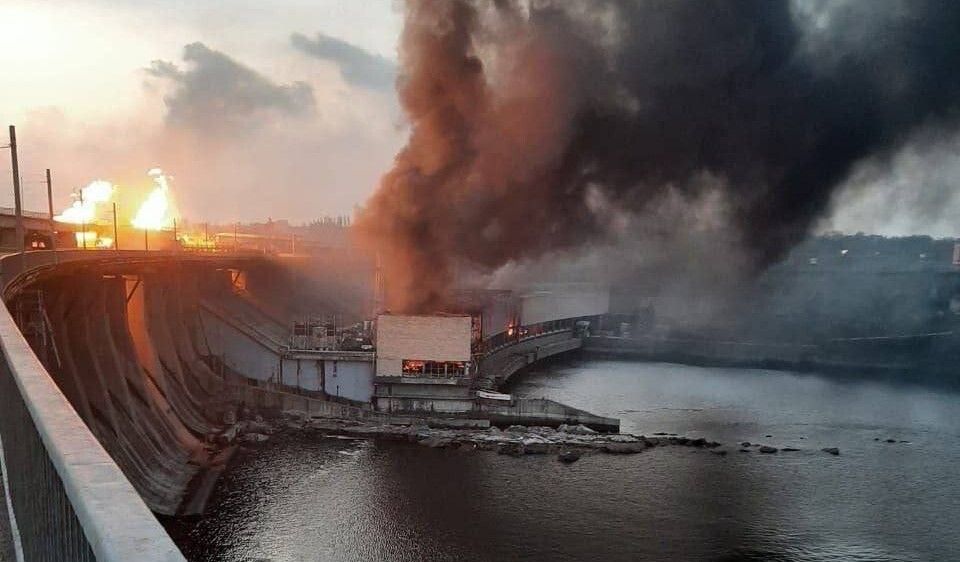Over the past week, Russian attacks targeted energy facilities across Ukraine, causing power outages for around 1.5 million people. Attacks on the Dnipro hydroelectric plant and other energy producers have caused significant damage, with estimates reaching up to 100 million euros in damages for national grid operator Ukrenergo. The attacks on Ukraine’s energy system have raised questions about the motives behind them, with some speculating retribution for Ukraine’s attacks on Russian oil refineries. The ongoing attacks could have devastating consequences for critical infrastructure and civilians if they persist, especially in the absence of expected funding from the U.S. Congress.
The effectiveness of Ukraine’s “International Sponsors of War” list has been called into question, leading to its removal from the website of the National Agency for the Prevention of Corruption. While the list has been scrapped publicly, sources suggest that a version will still be maintained by the National Security and Defense Council of Ukraine. The list was established to pressure companies to exit the Russian market, but there were constant complaints and negative impacts reported by international partners. The decision to transfer the information to an Interdepartmental Working Group may signal a shift in how companies and individuals are targeted for sanctions.
The proposal for the Group of Seven (G7) countries to establish a special-purpose vehicle (SPV) using frozen Russian assets to support Ukraine has faced opposition from some EU countries. The plan involves issuing “freedom bonds” backed by profits generated by around $280 billion of Russian assets immobilized in G7 countries. The proposal aims to compensate for delays in U.S. aid to Ukraine, with proceeds equaling the stalled $60 billion of aid. The freezing of Russian assets has had a significant impact on the country’s financial resources, and the proposal seeks to leverage these assets to provide support to Ukraine.
The International Monetary Fund (IMF) has approved a third review of Ukraine’s loan program and disbursed $880 million for budgetary support. The funds are intended to cover priority budget expenditures and maintain macro-financial stability in Ukraine. Despite the economic and social costs of the war, Ukraine has demonstrated strong performance on the IMF program, meeting most quantitative performance criteria. The IMF expects the war to wind down in 2024, but recovery may be affected by high war-related uncertainty and potential delays in external financing.
In Kyiv, the iconic Zhytniy Market is at risk of being demolished for real estate development, sparking protests from activists and public figures. The short bidding period for the auction of the market raised suspicions of predetermined outcomes, leading to its cancellation and rescheduling. Celebrity chef Yevhen Klopotenko has been leading efforts to preserve the market as a gastronomic and cultural hub, emphasizing the need for transparency and fair processes in real estate development. The public outcry and engagement may influence the future of the market and the decisions made by authorities regarding its fate.
In other news, McDonald’s plans to open new locations in Ukraine, the head of Ukraine’s Anti-Monopoly Committee is under investigation for illicit enrichment, talks on a licensing system for Ukrainian goods in Poland may be concluded soon, and Russian oil trade is feeling pressure from Western sanctions in India. Ukraine’s drone production capacity could double with additional Western support, highlighting the need for financial assistance for the country’s manufacturing sector. These developments reflect the ongoing challenges and opportunities faced by Ukraine in its economic and geopolitical landscape.















